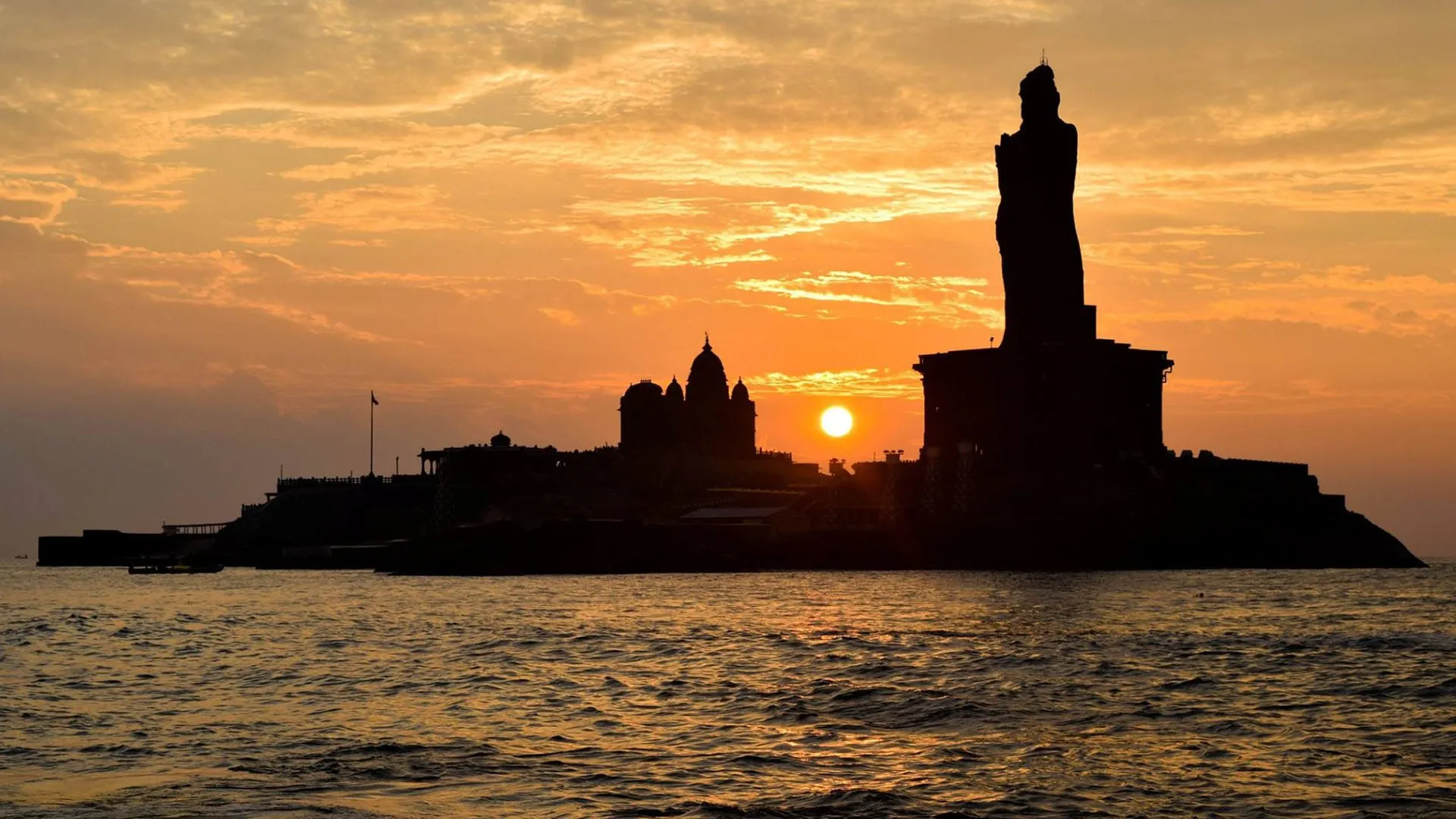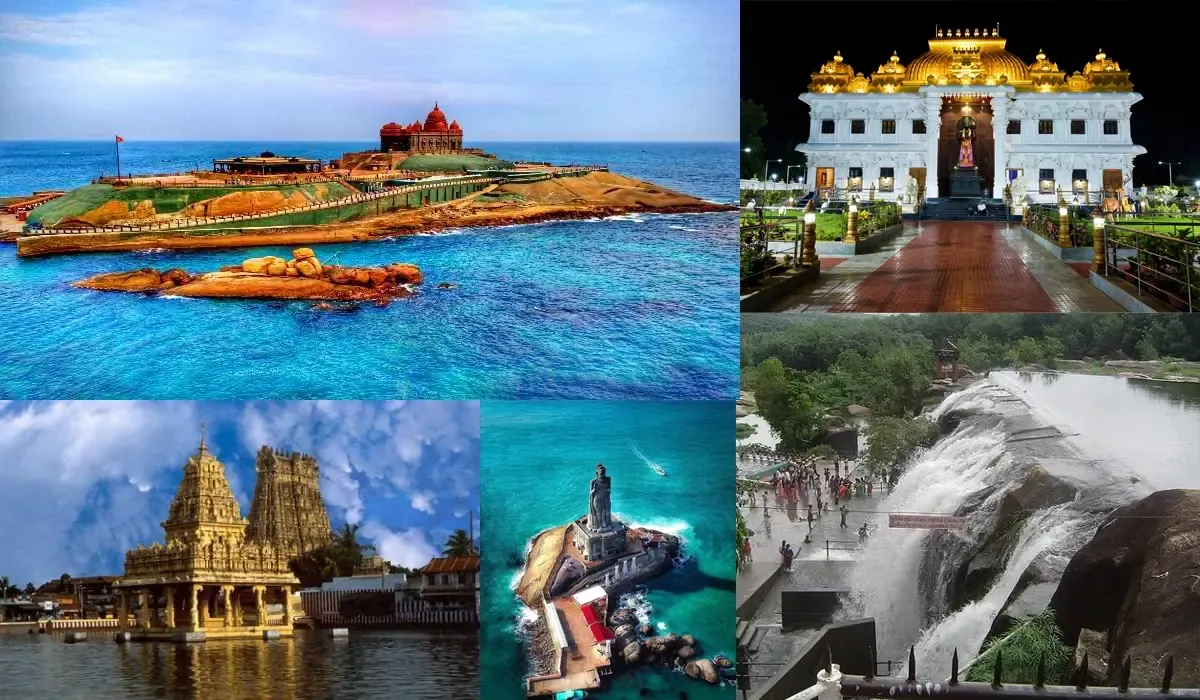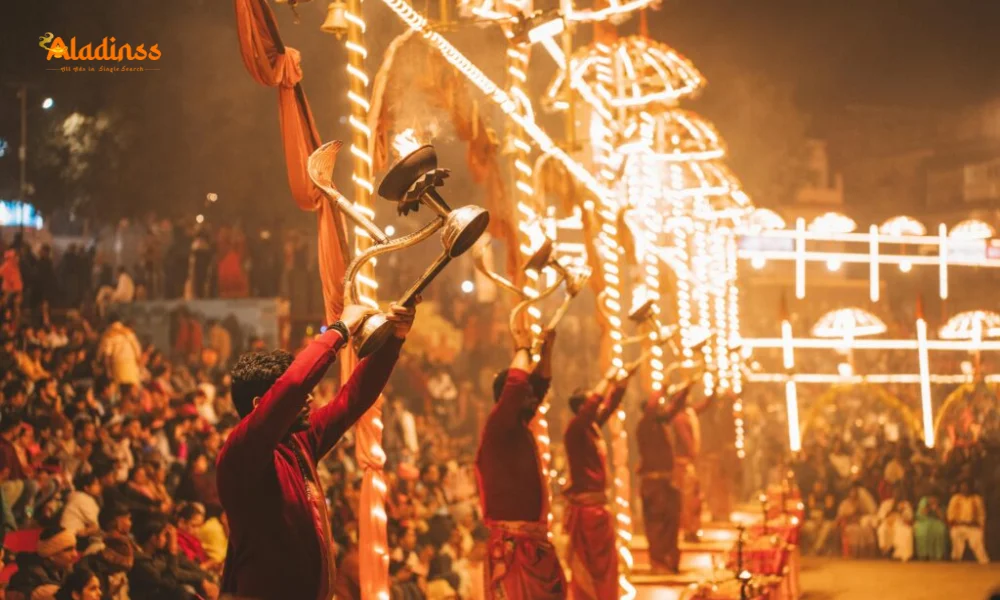Exploring Kanyakumari: Famous Attractions You Can’t Miss

Exploring Kanyakumari: Famous Attractions You Can’t Miss
Kanyakumari, the southernmost tip of mainland India, is a destination where history, culture, and the sea converge. This in-depth travel update explores the town’s most iconic landmarks, local insights, practical tips for visitors, and the latest developments that make Kanyakumari a trending choice for weekend breaks and cultural trips. Whether you are a first-time visitor seeking the sunrise spectacle or a seasoned traveler curious about offbeat corners, this report-style guide helps you plan an efficient, memorable visit.

Sunrise and Sunset at Vivekananda Rock Memorial
A top reason travelers flock to Kanyakumari is the dramatic sunrise and sunset views from Vivekananda Rock Memorial. Located on a small island just off the shore, the memorial offers panoramic views of where the Arabian Sea, the Bay of Bengal, and the Indian Ocean meet. Early morning visitors are rewarded with a peaceful, golden-hued horizon, while sunset watchers witness a spectacular blaze of colors reflected across the water. Ferries run frequently, and though crowds are common in peak season, the experience remains a must-see for any itinerary.
The Tallaght of History: Thiruvalluvar Statue
Rising dramatically from the sea near Vivekananda Rock sits the imposing Thiruvalluvar Statue, honoring the classical Tamil poet-saint Thiruvalluvar. The statue’s intricate pose and the pedestal’s detailed inscriptions make it a popular subject for photographers and cultural visitors. The viewpoint platforms around the statue provide excellent vantage points for both daylight and twilight photography. For those interested in cultural heritage, the site is an evocative reminder of Tamil literature’s long-standing influence.
Gandhi Memorial and Historical Significance
The Gandhi Memorial in Kanyakumari marks the spot where Mahatma Gandhi’s ashes were kept before immersion. The memorial’s architecture and tranquil gardens offer a reflective break from the bustling seafront. Visitors often pair this visit with a stroll along the promenade, where local vendors sell handicrafts and regional snacks. The memorial’s historical context enriches a broader understanding of the town’s role in India’s modern history.
Kanyakumari Beach: Coastal Charm and Local Flavors
The main beach at Kanyakumari is a hub of activity from dawn till dusk. Fishermen launch early morning boats, families enjoy the shallow surf, and vendors offer regional treats such as appam, fresh coconut water, and savory snacks. The promenade is ideal for a leisurely walk; lifeguards and local authorities have improved safety measures in recent times. Nighttime lighting enhances the coastal ambiance, making the beach a favored spot for both relaxation and evening photography.
Religious and Pilgrimage Sites: Temple Circuit
Kanyakumari’s spiritual life is anchored by the Kanyakumari Temple, dedicated to the goddess Kumari Amman. Pilgrims and cultural tourists visit to witness traditional rituals, especially during festival periods. Nearby temples and shrines add to the circuit, offering insights into South Indian temple architecture and devotional practices. Dress codes and respectful behavior are recommended at all sacred sites.
Natural Escapes: Triveni Sangam and Nearby Hills
The confluence at Triveni Sangam is a serene spot where the three bodies of water are believed to meet. The area is favored by those seeking quiet reflection and nature photography. For more active travelers, short drives to nearby hillocks and viewpoints reveal lush vegetation and panoramic coastal views. Local guides can point to lesser-known trails and vantage points that reward the adventurous with unique perspectives on the coastline.
Cultural Experiences: Markets, Cuisine, and Festivals
The town’s markets are alive with handmade goods, seashell crafts, and local textiles. Sampling Kanyakumari’s coastal cuisine—fresh seafood, spicy curries, and traditional desserts—adds flavor to any visit. Festival times bring processions, dance performances, and a heightened sense of community. Check local calendars for major religious and cultural events to maximize your cultural immersion.
Practical Tips: Timing, Transport, and Safety Updates
The best times to visit Kanyakumari are during the cooler months when skies are clear for sunrise and sunset viewing. Local buses, taxis, and shared auto services provide reliable transport; car rentals are also available for flexible day trips. For safety, heed local advisories about sea conditions and avoid restricted zones. Carry water, sun protection, and wearable layers for coastal wind. Book ferry transfers early in peak tourist periods to avoid queues.
Accessibility and Visitor Services
Over recent seasons, local authorities have improved visitor services, including clearer signage, better pathways to major attractions, and accessible ramps at key points. Tourist information centers in town can provide maps and updates on guided tours. If you have mobility needs, confirm access in advance for ferry services and memorial platforms.
Where to Stay: Neighborhoods and Recommendations
Accommodation in Kanyakumari ranges from seaside hotels with sunrise views to budget guesthouses a short walk from the promenade. Consider staying near the seafront for quick access to sunrise spots, or choose a quieter neighborhood inland for restful evenings. Booking in advance during festivals and holiday weekends guarantees preferred rooms and competitive rates.
This comprehensive report-style guide aims to equip travelers with the latest visitor-focused insights and practical advice to enjoy Kanyakumari fully. From sunrise rituals at Vivekananda Rock to cultural strolls through local markets, the town offers a rich mix of natural beauty and heritage—making it an essential stop for any South India travel plan.
Comment / Reply From
No comments yet. Be the first to comment!







